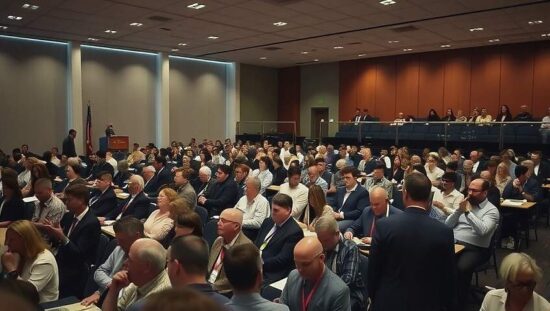The Royal Swedish Academy of Sciences has announced this year’s Sveriges Riksbank Prize in Economic Sciences, often colloquially known as the “economics Nobel” recognizing the contributions of Joel Mokyr, Philippe Aghion and Peter Howitt. The award, carrying a prize sum of 11 million Swedish krona (approximately €995,000), acknowledges their distinct yet complementary analyses of innovation and economic growth, a field increasingly scrutinized for its implications in a rapidly changing global landscape.
Joel Mokyr’s work is lauded for illuminating the crucial preconditions for sustained economic expansion through technological advancement. His historical perspective underscores the often-overlooked cultural and institutional factors that enable-or hinder-the adoption and proliferation of new technologies. Critics, however, have pointed to the potential for Mokyr’s focus on technological diffusion to overshadow the uneven distribution of benefits derived from such progress, particularly within and between nations.
Philippe Aghion and Peter Howitt are jointly recognized for developing the theory of “creative destruction” a concept popularized by Joseph Schumpeter but significantly refined by their work. This framework posits that innovation inherently disrupts established industries and creates new ones, driving long-term growth. While lauded for its realistic portrayal of economic dynamism, the theory has also drawn criticism for potentially downplaying the social costs associated with displacement and obsolescence – consequences that often disproportionately affect vulnerable populations.
It’s significant to note that unlike the original Nobel Prizes, this award was instituted much later in 1968 by Sweden’s central bank to commemorate its 300th anniversary. This relatively recent origin raises pertinent questions about the evolving criteria for recognizing excellence in economic thought and whether the prize adequately reflects the growing demand for more equitable and sustainable models of economic growth – particularly in a world grappling with climate change, rising inequality and the societal challenges brought on by rapid technological disruption. While acknowledging the significant academic contributions of the laureates, the award also serves as a reminder of the ongoing need for economic insights that address pressing global concerns beyond purely theoretical frameworks.





